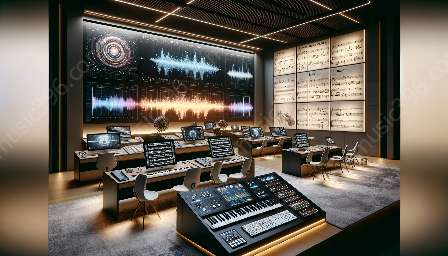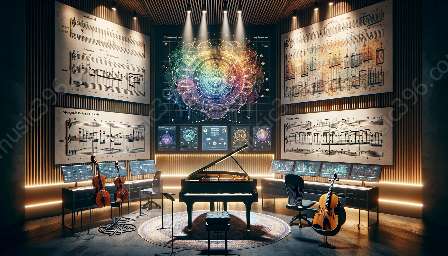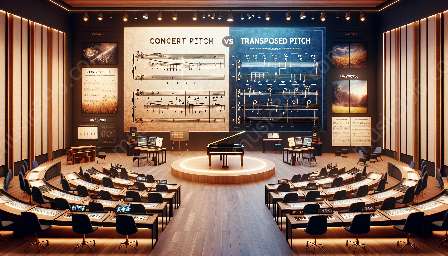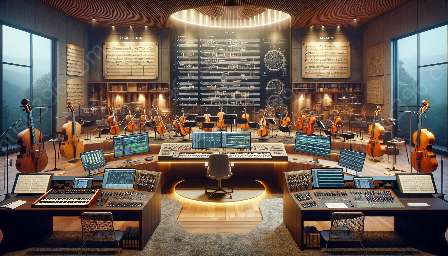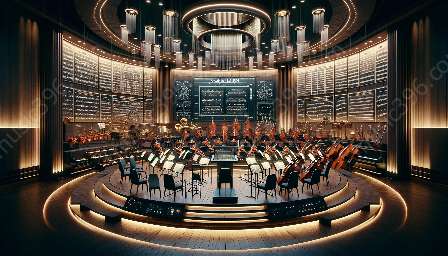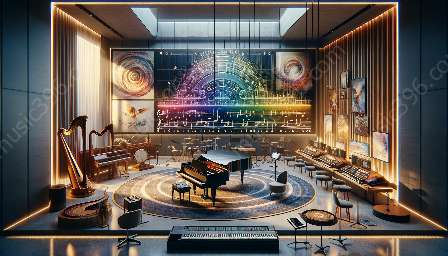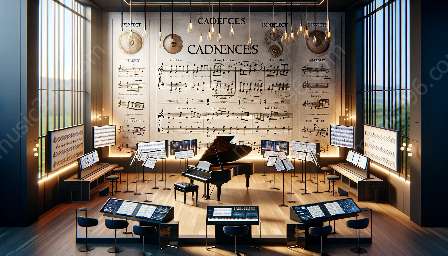Music theory examines modulation's impact on time and space perception in music. Modulation plays a significant role in shaping the emotional and psychological experience of music. Modulation not only affects the progression of time but also influences spatial perception within the musical composition.
Understanding Modulation in Music
Modulation in music refers to the process of changing the key of a piece or shifting between different tonal centers. It allows composers to introduce new harmonic relationships and create a sense of movement and progression within a musical piece. By modulating, composers can evoke different emotional responses and dynamically influence listeners' perception of time and space.
Perception of Time in Music
Modulation can alter the perception of time in music by changing the tempo or rhythmic patterns. As the key shifts, listeners may perceive the passage of time differently, affecting the pacing and flow of the music. Additionally, modulation can create a sense of anticipation or suspension, influencing listeners' psychological experience of time.
Impacts on Spatial Perception
Modulation also affects spatial perception in music by altering the harmonic structure and creating a sense of musical depth. As tonal centers shift, the spatial arrangement of musical elements changes, impacting the perceived distance and proximity of melodies and harmonies. This spatial variation contributes to the overall texture and complexity of the musical composition.
Cognitive and Emotional Responses
Modulation triggers cognitive and emotional responses in listeners, influencing their interpretation of time and space within a musical context. The modulation-induced shifts in tonality and harmony can evoke feelings of tension, release, and resolution, altering listeners' spatial and temporal awareness throughout the musical journey.
Role of Context and Expectations
The influence of modulation on time and space perception is also related to the context and expectations set within a musical piece. Through modulation, composers can manipulate the listener's anticipation and understanding of the musical structure, creating a dynamic environment that shapes the perceived time and spatial dimensions within the music.
Integration of Music Theory and Cognitive Psychology
Exploring modulation's influence on time and space perception in music integrates music theory with cognitive psychology. This interdisciplinary approach helps to elucidate the intricate relationship between musical elements, cognitive processes, and emotional responses, providing a comprehensive understanding of how modulation shapes the listeners' experience.
Conclusion
Modulation is a pivotal element in music composition, exerting a profound influence on the perception of time and space. By modulating, composers can manipulate the emotional, temporal, and spatial dimensions of music, creating an immersive and dynamic listening experience for the audience.

















